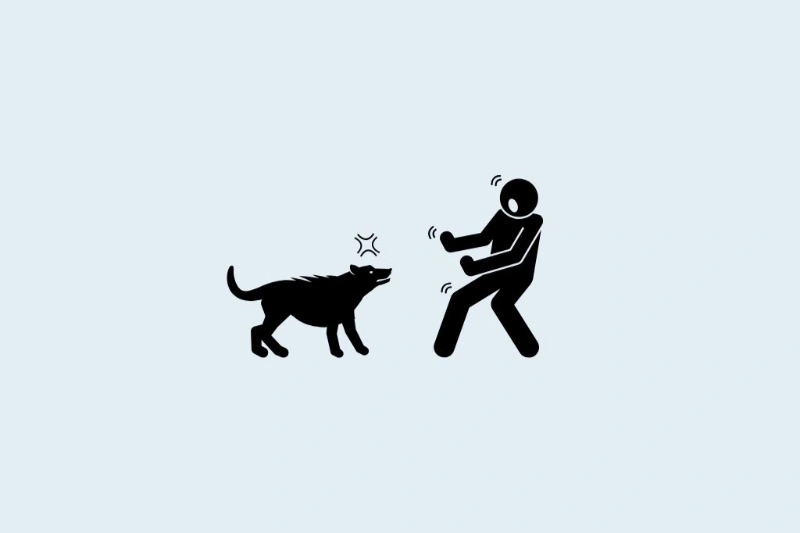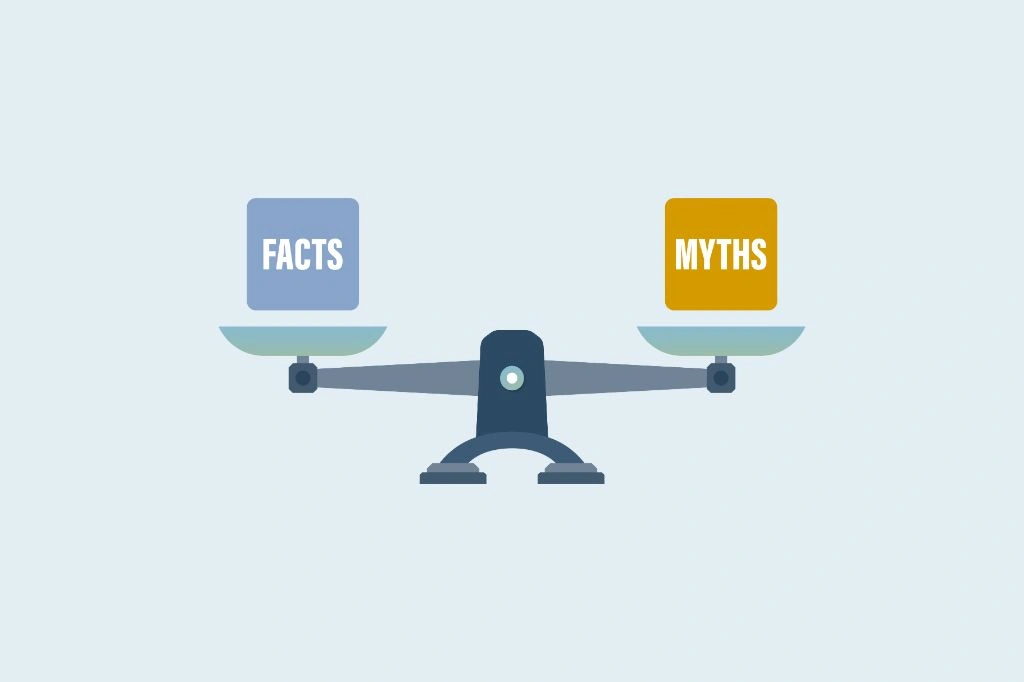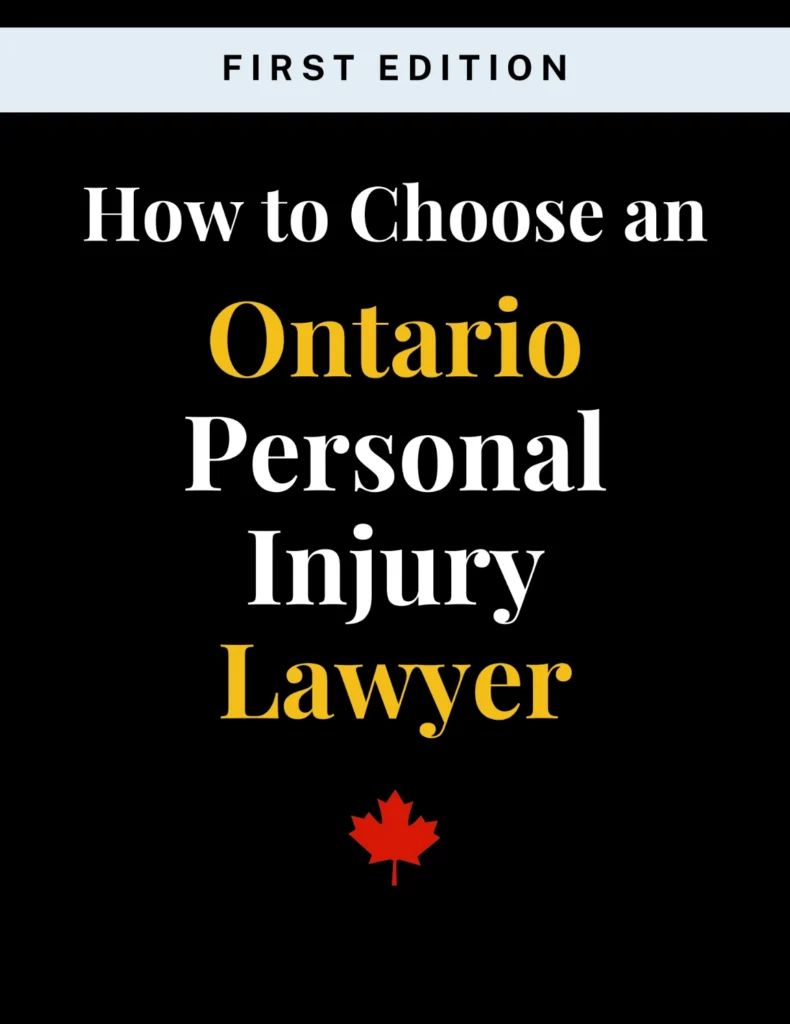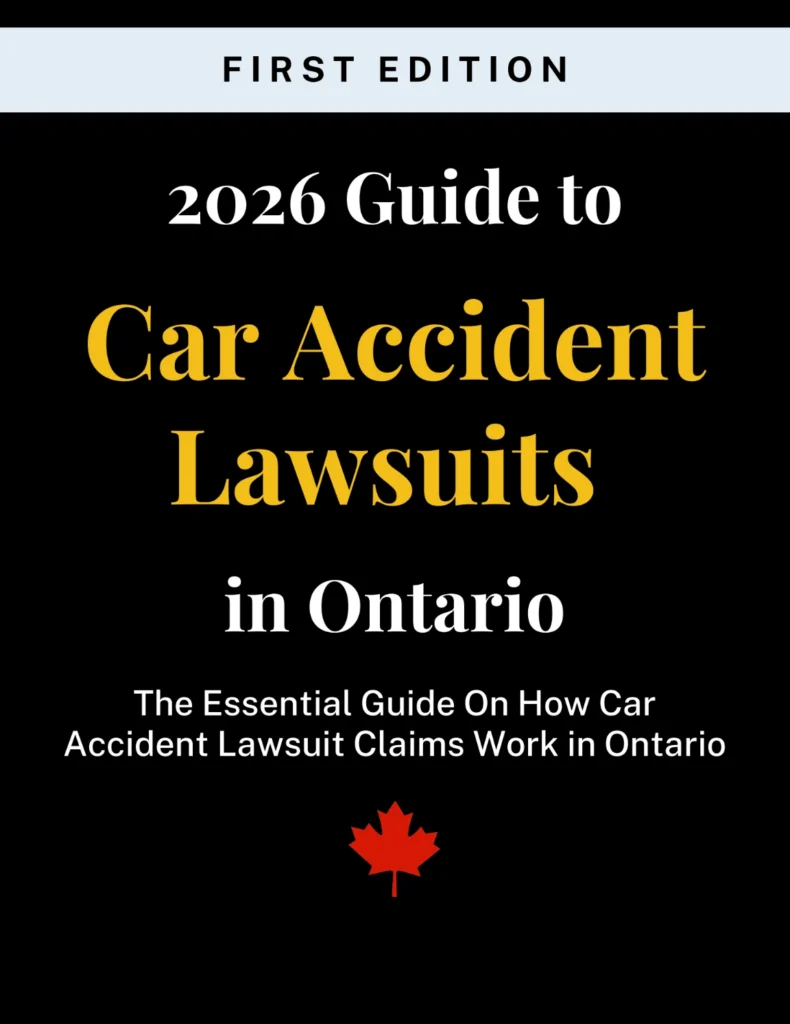Windsor Damage to Vital Organs Lawyer
Find out if you have a case today.
Contact our Windsor personal injury lawyers for a free consultation if you have legal questions regarding your personal injury claim.
Table of Contents
Accidents caused by the negligence of other parties or entities can have disastrous consequences. If you sustained damage to a vital organ in an accident caused by someone else’s wrongful conduct, contact our Windsor personal injury lawyers by calling 1-800-JUSTICE and receive a free initial consultation on your case.
The Five Vital Organs In The Human Body
We have five vital organs; without these essential organs, we cannot survive. These include the following:
- Brain—The brain is made of more than 100 billion neurons and is the center of the nervous system, controlling and communicating with the rest of the body via the spinal cord. The brain can sustain serious trauma and be mostly fine, though many people who suffer traumatic brain injuries do not fully recover.
- Heart—The heart pumps oxygenated blood throughout the body’s blood vessels. Like a muscle, the heart is the only muscular organ. Major heart damage is irreparable in many cases. As such, structural damage to the heart during a traffic collision, for instance, is often fatal. In other cases, the victim may benefit from heart surgery. Heart transplants are exceedingly rare. There are only 3,700 to 3,800 annual heart transplants performed worldwide.
- Kidneys—The kidneys and the lungs are the only vital organs of which there are double. As such, irreparable damage to a kidney is not a death sentence as the damaged organ can be surgically removed. The kidneys filter blood and remove waste as the blood is transported through them. As the waste builds up, the kidneys capture it as urine, which is held in the kidneys before draining into the bladder. The kidneys also regulate electrolyte and fluid balance.
- Liver—The liver is a large organ that sits in the lower chest and upper abdomen. Its role in the body is to detoxify metabolites and synthesize proteins such as those necessary for blood clotting digestion. Liver trauma is usually treated by simply removing part of the liver. Up to three-quarters of the liver can be removed safely, as the liver is one of the only body parts that can regenerate itself.
- Lungs—The lungs take in air from the environment and are responsible for oxygenating our blood; every cell in the body requires oxygen to function. Like the kidneys, there are two lungs, so irreparable damage to one lung does not mean death, as would otherwise result in any singular organ. Common lung injuries include punctured lung, bruised lung, and smoke inhalation.
LET US PUT OUR EXPERTISE TO WORK FOR YOU
Tell Us What Happened
Since 1959, we’ve helped thousands of Canadians get the compensation they deserve with their personal injury claims. One of Canada’s oldest personal injury law firms, personal injury law is exclusively what we do. Book a free consultation today with our top-rated personal injury lawyers.
Our team is available 24/7 to speak with you.

The Sixth Vital Organ Is The Skin
Technically, the skin—which is the largest organ— is also a vital organ. The skin has three layers:
- Epidermis—The outer layer that creates a waterproof barrier;
- Dermis—The second layer, which is made of tough connective tissue, sweat glands, and hair follicles; and
- Hypodermis—The deepest layer is made of subcutaneous fat and connective tissue.
Car crashes and other burn injuries can cause serious damage to all three layers of the skin, and in very serious cases cause burning of the underlying muscle, tendon, and bone. Burn victims with total body surface area burns of 40% or more are at serious risk of loss of quality of life due to immobility, disfigurement, and other complications. In fact, with a total body burn area of 40% or more, death is common. One study found that 69% of burn victims who had burns to at least 70% of their total body surface area died. Infection is a serious risk of death for burn victims with large body percentages of their skin lost to second and third-degree burns. Amputation may be necessary to remove infected body parts, and multiple skin grafts are needed for those with severe burn injuries. However, infection, amputation, and disfigurement are not the only complications surrounding serious burn victims. Other complications include, but are not limited to, the following:
- Cardiac arrest
- Dysrhythmia
- Pulmonary embolism
- Acute Respiratory Distress Syndrome, Chronic Obstructive Pulmonary Disease
- Seizures
- Brain injuries
- Deep venous thrombosis
- Gastrointestinal bleeding
- Acute renal failure requiring dialysis or haemofiltration
Non-vital Organ Damage
Just because an organ is not absolutely vital for survival does not mean that it is unnecessary. Dozens of non-vital organs are responsible for normal body functions and quality of life. These include the following organs:
- Spleen—Filters blood
- Stomach—Begins breaking down food for digestion
- Reproductive organs—Essential for reproducing, among other functions
- Small intestine—Takes the most important nutrients out of food and transports them into the bloodstream
- Colon or large intestine—Removes water mostly digested foods and breaks down, via bacteria, the remaining material before moving the waste to the rectum
- Gallbladder—Stores the digestive enzyme, bile, which is produced by the liver
- Appendix—Protects good bacteria in the gut
Without these necessary but non-vital organs, an individual’s quality of life is reduced to some degree. Living without an appendix may not be a serious loss of life quality, but losing a portion of the intestine or the spleen can have serious consequences for the victim’s health, mobility, and well-being.
Pursuing Compensation
If your organs have been damaged in an accident caused by another’s negligence, you may be able to collect the following damages:
- Out-of-pocket medical expenses
- Future medical expenses including rehabilitation, home care, and medical equipment or devices
- Lost wages and earning ability
- Pain and suffering
- More
Contact Preszler Injury Lawyers
The negligence of others can have life-changing consequences for injured accident victims. To learn how our Windsor personal injury lawyers may be able to help you recover compensation for damages you have incurred because of their wrongful conduct, call 1-800-JUSTICE and receive a free initial consultation.
Do you live in Windsor? Here’s how we can help:
Proudly Canadian
Award Winning Personal Injury Law Firm
We are proud to be one of Canada’s oldest and long-standing personal injury law firms. Since 1959, we have been providing exceptional legal services and have established ourselves as leading personal injury lawyers in the Canadian legal community. It’s not just the awards that recognize our achievements, but also the wins we’ve achieved for thousands of Canadians with their personal injury claims.
More personal injury Topics
Here’s more information on personal injury related topics that we think you might find helpful.

dog bite
|
January 21, 2026
Proving a Dog Bite Claim in Ontario
Ontario uses a strict liability approach for dog bite cases. This means the dog’s owner is responsible for the injuries their dog causes, even if…

accident benefits
|
January 21, 2026
Why You Should Name All Drivers in Your Household On Your Auto Insurance
In Ontario and most other provinces across Canada, all motorists are required to have auto insurance. You cannot drive a motorized vehicle on public roads…

personal injury
|
January 7, 2026
Debunking Common Myths About Personal Injury Claims in Ontario
Personal injury claims in Ontario are often shrouded in misinformation. Whether it’s advice from a well-meaning friend, a post on social media, or a confusing…
More personal injury Video Resources
We also have some videos on the topic of personal injury claims
personal injury FAQs
Here are some commonly asked questions for personal injury claims
How long does it typically take to resolve a personal injury case in Ontario?
Timelines vary. Some cases resolve in months, while others take years if litigation becomes necessary. Factors include injury severity, available evidence, and how insurers respond.
Do I need a lawyer if the insurance company has made an offer?
Insurance companies often make low offers hoping victims will accept quickly. A lawyer reviews your case to determine whether the offer reflects your losses.
What if I was partially at fault for the accident?
You may still have a valid claim even if you believe you were partially at fault. Ontario’s laws permit you to recover compensation in cases of shared responsibility, though the final amount may reflect your portion of fault. Never assume you cannot file a claim. Let a lawyer assess the facts first.
How long does a personal injury case typically take?
That will depend on the severity of your injuries and the insurer’s willingness to negotiate.
What costs are involved in pursuing a personal injury claim?
Preszler Injury Lawyers works on contingency, so you don’t pay legal fees unless we recover compensation for you.
Can I still claim compensation if the accident happened on someone else’s property?
Yes. Property owners must maintain safe premises. If their negligence caused your injury, you may have a valid claim.
What should I bring to my free consultation?
Bring any documents you have related to the accident. This includes police reports, your driver’s licence and insurance information, the other party’s information, photos of the scene or your injuries, and any receipts for expenses like prescriptions or therapy. The more information you provide, the better we can assess your claim.
Why is it important to document my injuries and recovery process?
Keeping a simple journal helps track how your injuries affect your daily life. Note your pain levels, medical appointments, missed work or social activities, and any challenges you face with personal care or household chores. This documentation provides powerful evidence to support your claim for pain, suffering, and loss of enjoyment of life.
INJURED IN AN ACCIDENT IN WINDSOR?
Call Our Personal Injury Lawyers Now
We’re here to help 24/7
Find out if you have a personal injury case and what your next steps should be, at no cost to you.







